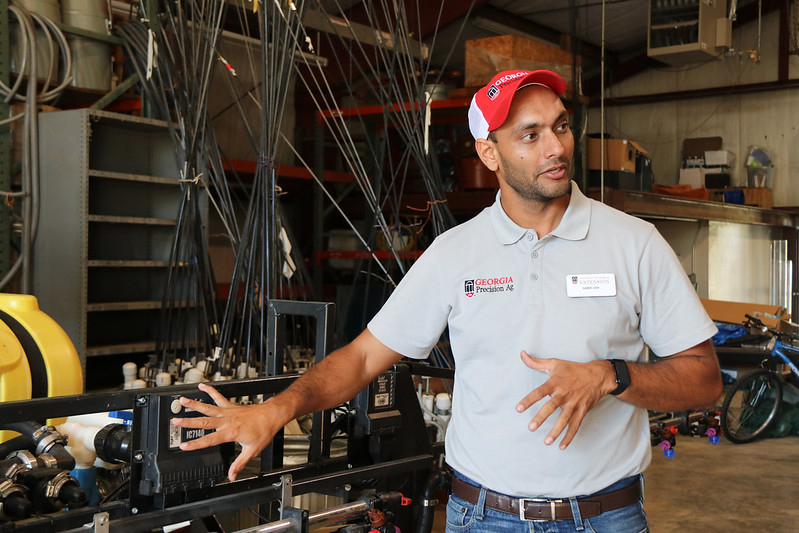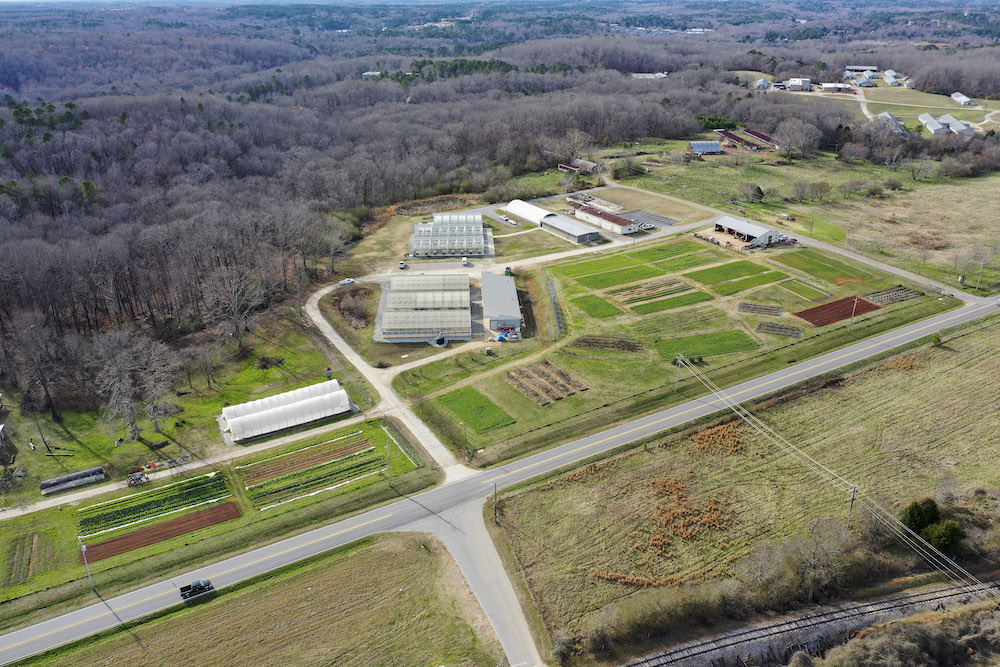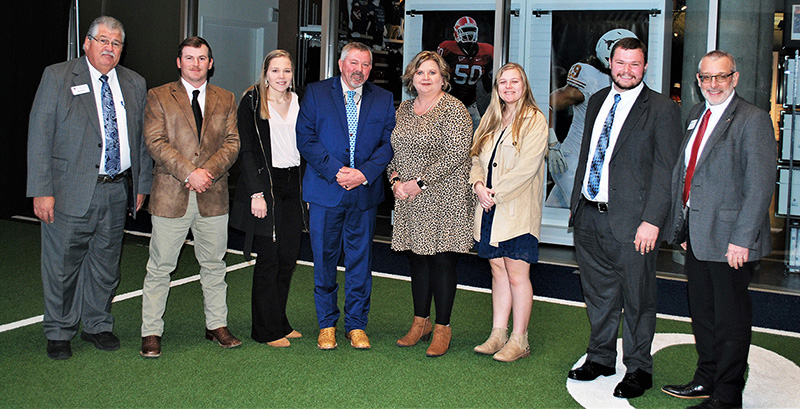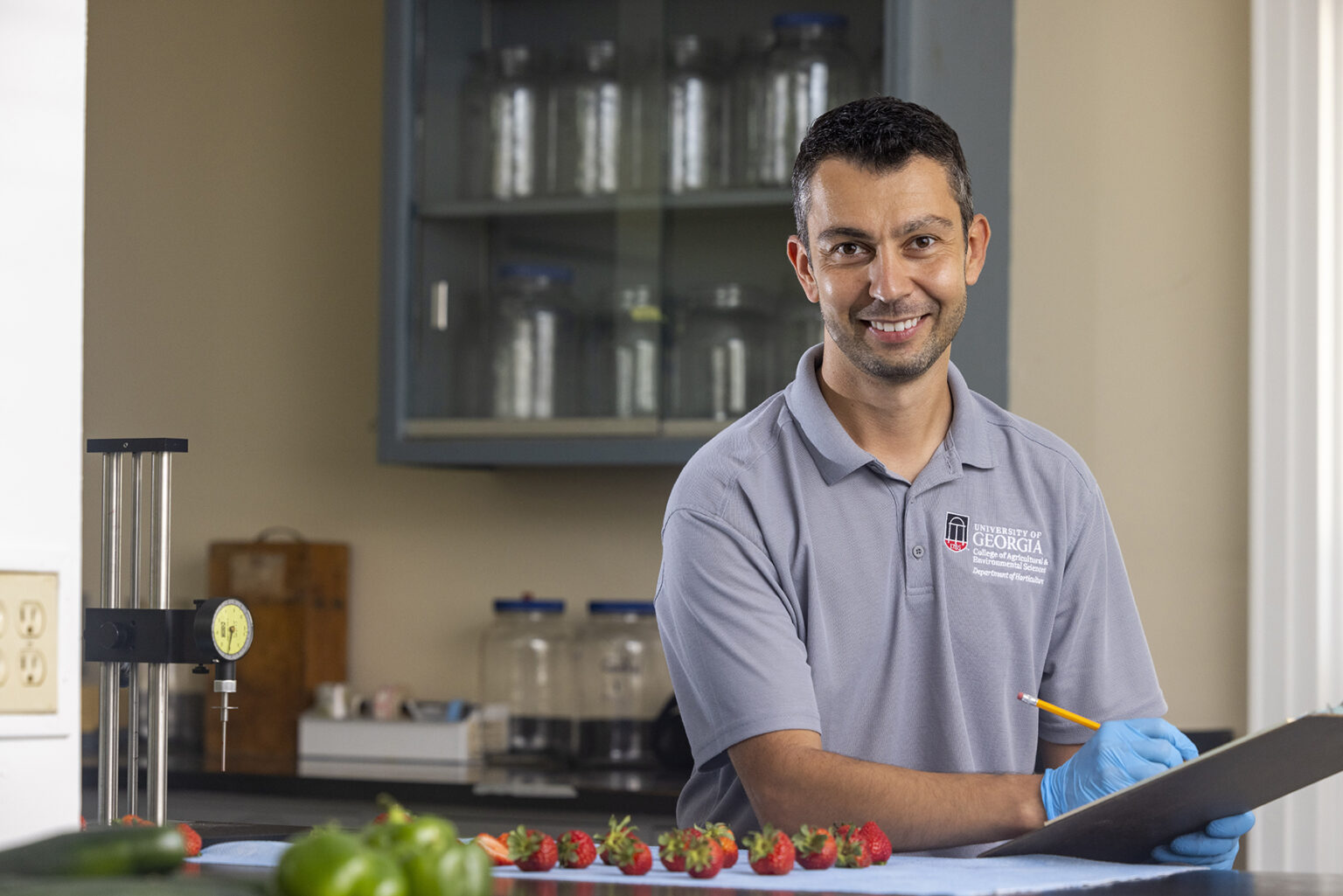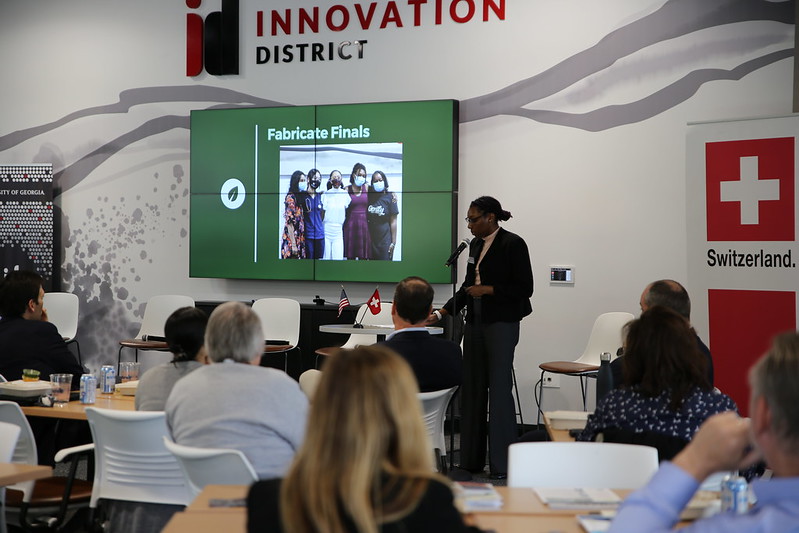 CAES News
CAES News
2022 Cleantech Symposium
Peter Zimmerli, Consul General of Switzerland in Atlanta, implored attendees to expand their thinking regarding technology and sustainability at the opening of the recent Cleantech Symposium at the University of Georgia. “Imagine a world where all humankind has access to sufficient food assured by sustainable agriculture. Imagine a world where we have technology that addresses these needs,” Zimmerli said.

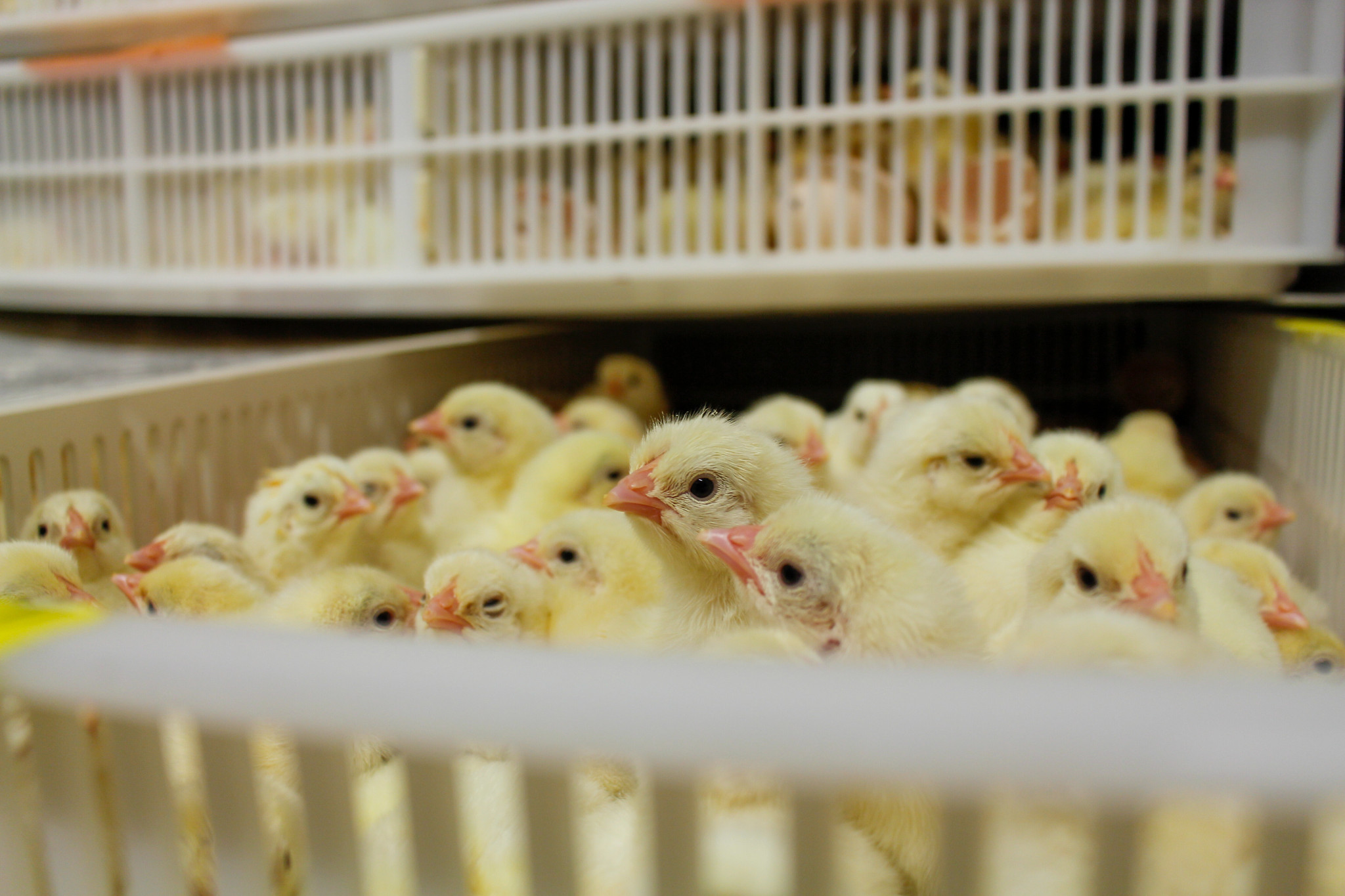

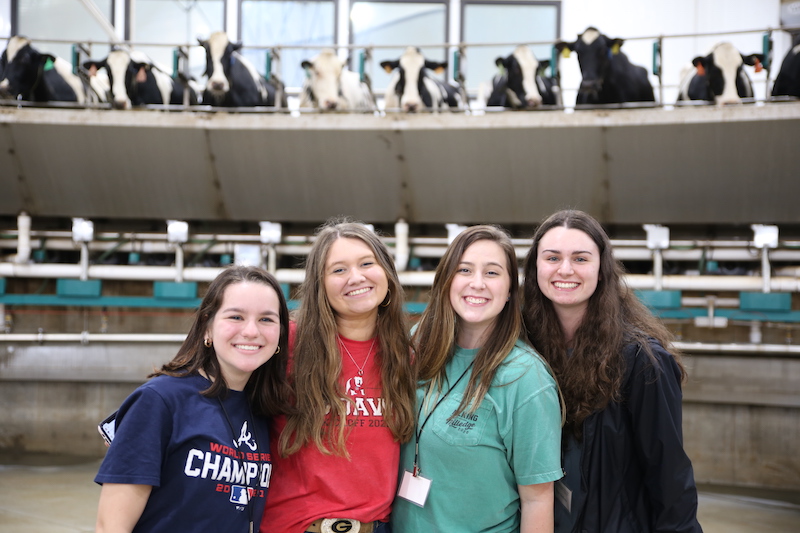
.jpeg)
